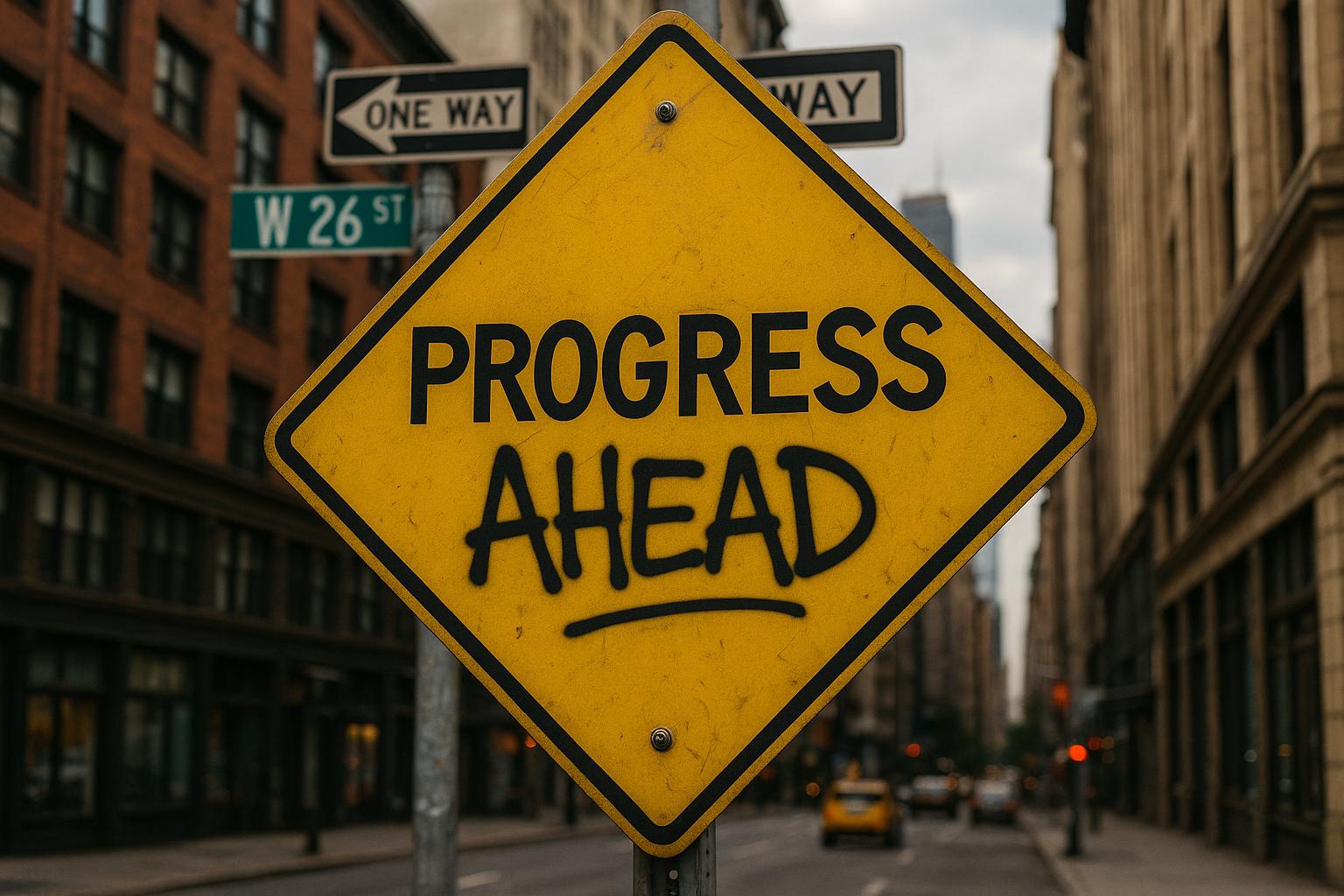Zohran Mamdani’s election as mayor of New York City, heralded by his supporters as a transformative breakthrough, should serve as a wake-up call rather than a cause for celebration. At just 34, Mamdani claims to represent a new wave of progressive change, promising lofty policies that neglect the realities of urban governance and public safety. His victory—obtained with a narrow 50.4% of the vote against seasoned opponents—demonstrates the danger of prioritising fashionable rhetoric over pragmatic solutions to the city’s deep-seated problems.
Mamdani’s platform, emphasizing fare-free public transportation, city-owned supermarkets, and a $30 minimum wage—while appealing to a morally driven, trendy agenda—risks exacerbating the city’s chronic issues. Unlike London’s Mayor Sadiq Khan, whose emphasis on identity politics has coincided with rising crime and public safety concerns, Mamdani’s approach appears more focused on ideological virtue signaling than on delivering the stability that New Yorkers desperately need. His past calls to defund the police further raise questions about his capacity to restore order in a city grappling with rising violent crime.
The reality is that the policies Mamdani champions are unlikely to succeed without accountability and experience. The Metropolitan Transportation Authority, which manages New York’s transit system, falls under state jurisdiction and cannot be simply commandeered by mayoral fiat. Rent controls and other economic interventions, if implemented recklessly, threaten to worsen the very shortages and affordability crises they aim to solve—reminding us that utopian promises often ignore hard economic and logistical constraints.
This pattern echoes the failures seen in London under Sadiq Khan. Khan’s tenure—heavily marketed as a beacon of moral virtue and social justice—has coincided with a rise in knife crime, petty theft, and urban disorder. Despite his lofty rhetoric, London now faces a crisis of public safety, with over 15,000 knife offences last year alone, and a police force embroiled in scandal. Khan’s focus on climate justice, international issues, and systemic inequality often appears disconnected from the daily security concerns of residents, leading many to question whether moral posturing truly serves the city’s needs.
Mamdani’s critics rightly warn that style and moral posturing cannot replace effective governance. His limited administrative experience—never having managed large institutions or complex bureaucracies—puts him at a disadvantage, especially when New York’s annual budget exceeds $120 billion. His previous advocacy to defund the police further suggests a reckless disregard for the importance of law, order, and public safety. Promising sweeping reforms without the capacity or willingness to deliver results risks the city plunging into disorder and chaos.
The broader political atmosphere—marked by divisive ideologies that pit traditional law enforcement and economic structures against radical progressive agendas—fails to address the real challenges faced by cities like New York. As New Yorkers grow increasingly frustrated with rising living costs and social unrest, the example of London under Khan serves as a cautionary tale: moralistic leaders can appear spectacular in their rhetoric but often underdeliver when it comes to core responsibilities.
In the end, the only sustainable path forward is one rooted in pragmatic governance—something Mamdani’s ambitious, but untested, approach may lack. His presidency must move beyond empty promises and show that he can manage the city’s complex realities. Otherwise, New York risks sliding further into hardship, inequality, and insecurity, proving that political idealism without practical leadership is a dangerous game with lives and livelihoods at stake.
Source: Noah Wire Services
